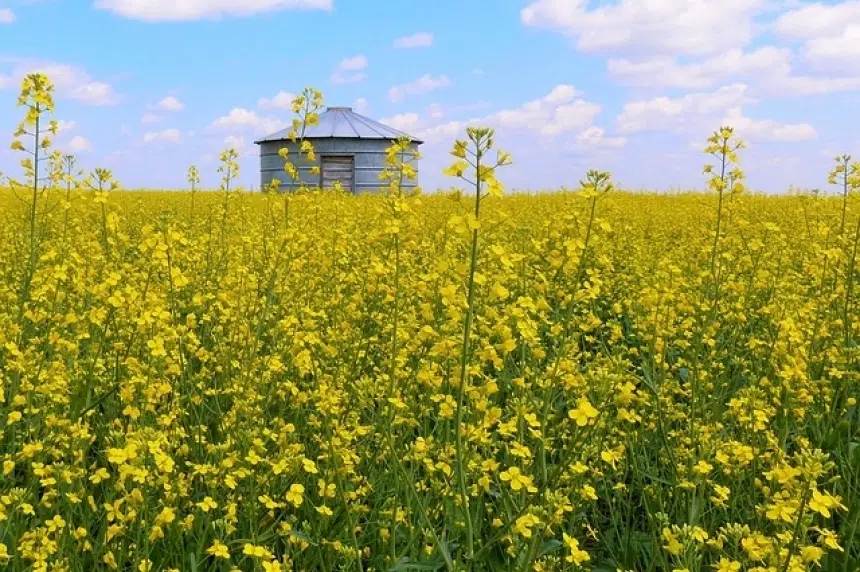The situation for Canadian canola exports in China keep getting worse, but, with seeding time creeping closer, many Saskatchewan farmers won’t be changing their plans.
“I think overall we’re going to see farmers stick to their seeding plans and hope that between diplomacy and other issues that we’re able to fix some of these trade barriers that we’re running up against,” explained Todd Lewis, president of the Agricultural Producers Association of Saskatchewan (APAS).
Lewis said nearly any big crop in Saskatchewan has trade barriers to deal with — whether it’s pulses to India, durum wheat to Italy, or canola to China.
This past week, Chinese officials reportedly announced more stringent quality checks for canola, which could take a big bite out of Canada’s canola exports to that country.
For some, it could have an effect, but according to Lewis, for the majority of farmers he’s heard from the trade problems aren’t going to change their plans for this growing season.
“There’s no real winner crop that you look at right now that’s going to say ‘well if we don’t plant canola this is going to be a guarantee,'” explained Lewis.
He also said many farmers are in the middle of their crop rotation, and it’s wise to stick to that or you can end up with things like disease pressures.
China was, by far, the largest importer of canola from Saskatchewan. In 2017, Saskatchewan’s canola exports to China totalled $1.4 billion, the next highest was Japan at just under $750 million.
Chinese authorities have been hampering Canadian canola exports for a while, previously revoking permits for Canadian companies. China says it’s due to quality problems, but many experts believe it’s due to the RCMP arresting a Huawei executive in December at the request of the U.S. government.











